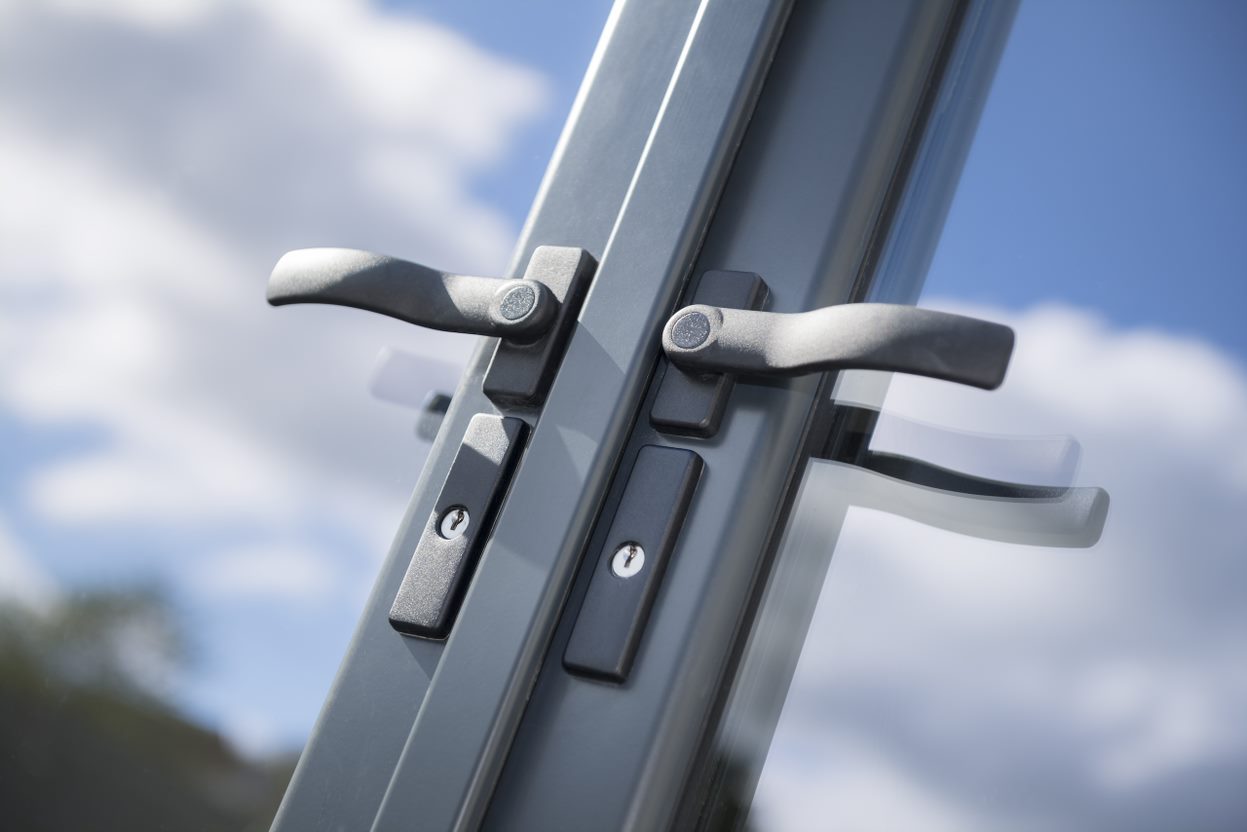Repair A Door Handle Techniques To Simplify Your Everyday Lifethe Only…
페이지 정보

본문
Repairing a Door Handle: A Comprehensive Guide
Door handles are amongst the most regularly utilized elements of any home improvement door handle repair or workplace. Nevertheless, their constant use can lead to wear and tear, leading to a malfunctioning or broken handle. Whether it's a loose handle that won't turn or an entirely detached one, repairing a door handle can typically be a straightforward job that requires only standard tools and a little knowledge. This short article will guide you through the actions included in repairing a door handle, in addition to some valuable FAQs.
Understanding Common Door Handle Issues
Before diving into the repair procedure, it's important to determine common issues related to door handles:
- Loose Handle: A handle that wobbles or turns without engaging the lock might have loose screws.
- Stuck Handle: If a door handle is challenging to turn, there might be obstructions within the mechanism or misalignment with the latch.
- Removed Handle: Complete detachment may result from broken screws or a damaged handle.
- Rusty or Corroded Handle: Handles made from metal can become rusty in time, leading to functionality issues.
Acknowledging these problems will help you figure out the best course of action for repair.
Tools and Materials Needed
To effectively repair a door handle, you'll require the following tools and products:
Tools:
- Screwdriver (flathead and Phillips)
- Allen wrench (if suitable)
- Pliers
- Utility knife
- Cleaning fabric
- Lubricant (e.g., WD-40)
- Replacement parts (if necessary)
Materials:
- Screws (if any are missing or damaged)
- New handles (if repairs are not possible)
Step-by-Step Repair Process
Action 1: Gather the Tools
Start by putting together all the required tools and products. Having everything on hand will make the repair procedure smoother and more efficient.
Action 2: Remove the Door Handle
Check the Handle: Look for noticeable screws on the handle or the base. Numerous handles have screws concealed behind decorative plates, which may need to be pried off gently.
Loosen the Handle: Using the proper screwdriver, eliminate the screws holding the handle in place.
Detach the Handle: Once the screws are gotten rid of, thoroughly pull the handle away from the door. If the handle is stuck due to paint or rust, carefully wiggle it back and forth or use an utility knife to cut the paint around its base.
Step 3: Diagnose the Problem
Upon removing the handle, examine its components:
- Check the screws: Ensure they are not stripped or harmed.
- Take a look at the mechanism: Look for any noticeable indications of wear or obstruction.
- Assess the alignment: Ensure that the latch mechanism is lined up with the handle.
Step 4: Repair or Replace Components
Depending upon your medical diagnosis, continue as follows:
For Loose Handles:
- Tighten the screws using the screwdriver. If screws are harmed, replace them with brand-new ones.
For Stuck Handles:
- Apply lubricant to the mechanism and move the handle backward and forward to loosen up any stuck parts. Make sure the positioning is proper with the lock.
For Detached Handles:
- If the handle has broken entirely, replace it with a brand-new one. Guarantee you pick a replacement that matches the existing hole pattern on your door handle experts.
For Rusty Handles:
- Use a cleansing cloth to wipe away rust and rust. If the handle is too worn away for repair, think about changing it totally.
Step 5: Reinstall the Door Handle
Align the Handle: Position the handle back onto the door, guaranteeing that it aligns with the latch mechanism.
Screw It Back In: Insert and tighten screws to secure the handle in location. Prevent overtightening as this might strip the screws or damage the custom door handle repair (askmotopros.com).
Action 6: Test the Handle
Once the handle is reinstalled, evaluate its performance. Ensure it turns smoothly and engages the lock properly. If you observe any issues, repeat the relevant repair steps.

Preventative Maintenance Tips
To extend the life expectancy of your door handles, consider these maintenance tips:
- Regularly examine screws for tightness and retighten them as required.
- Apply lubricant to the mechanism every few months to prevent wear.
- Keep handles tidy and without dust and debris.
- Inspect for rust or rust, especially on exterior doors.
Frequently Asked Questions About Door Handle Repair
Q1: Can I repair a door handle without replacing it?
Yes, many common issues, such as loose screws or misalignment, can typically be repaired without replacement.
Q2: What kind of lubricant should I utilize?
A general-purpose lube like WD-40 or silicone spray is effective for lubricating door knob repair handle mechanisms.
Q3: How do I understand if I need a new handle?
If the handle is broken, heavily rusted, or if internal components are beyond repair, it may be more economical to change it.
Q4: Are there different kinds of door handles?
Yes, there are numerous types, including lever handles, knob handles, and clever locks. Each needs a slightly different method to repair.
Q5: Is it possible to fix a handle on a sliding door?
Yes, moving doors typically have special mechanisms. Nevertheless, the standard concepts of detecting and fixing door handles issues use. Seek advice from producer standards for specific repair instructions.
Repairing a door handle might appear daunting for some, but with the right tools, products, and understanding, it is a workable DIY job. By following the actions described in this guide, people can efficiently examine, repair, and preserve door handles, ensuring they stay functional and reliable for years to come. Routine maintenance is important, as it extends the life of door handles, minimizes the requirement for significant repairs, and promotes a smoother operation throughout your home or office.
- 이전글The 9 Things Your Parents Teach You About Door Repair Service 25.10.22
- 다음글10 Sites To Help You Develop Your Knowledge About Buy Genuine Norwegian Drivers License 25.10.22
댓글목록
등록된 댓글이 없습니다.
